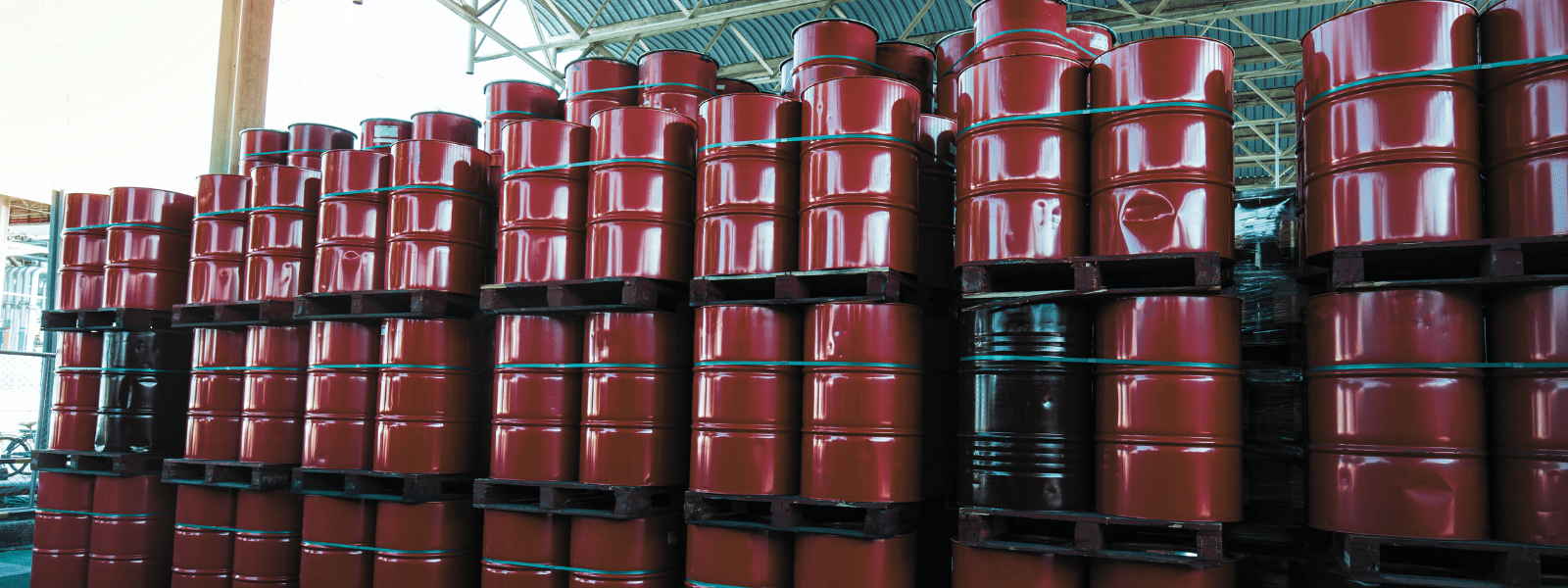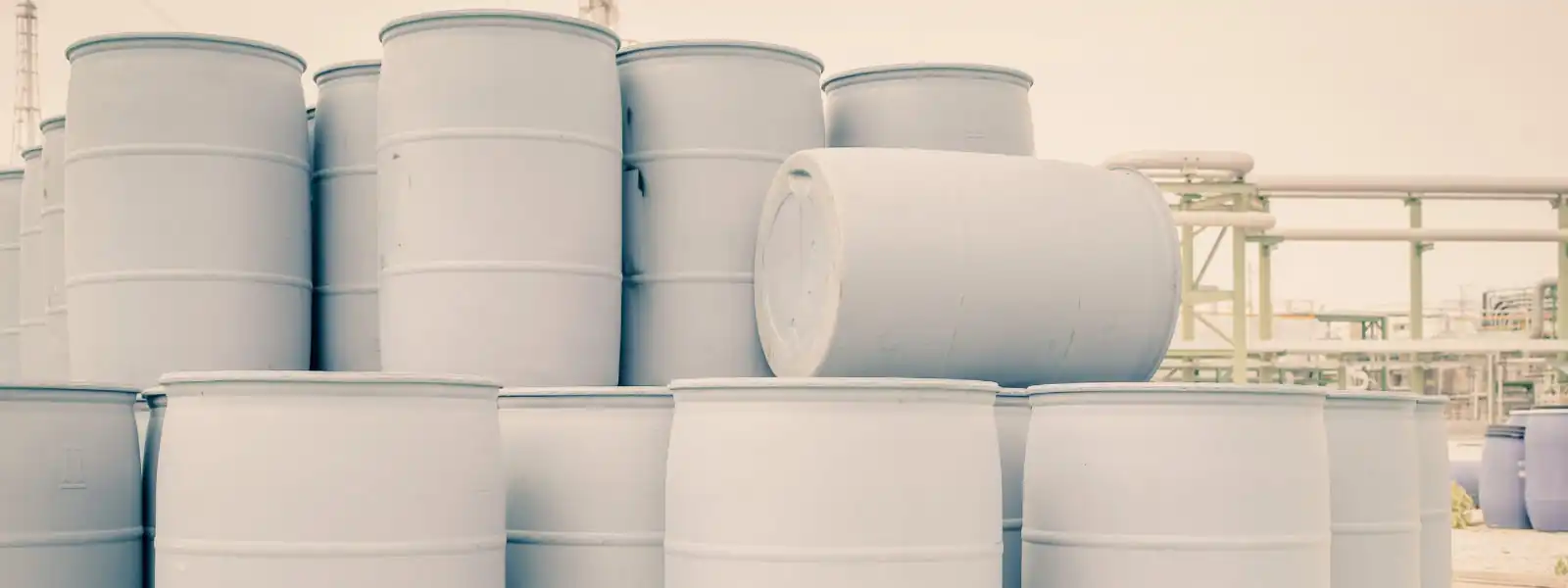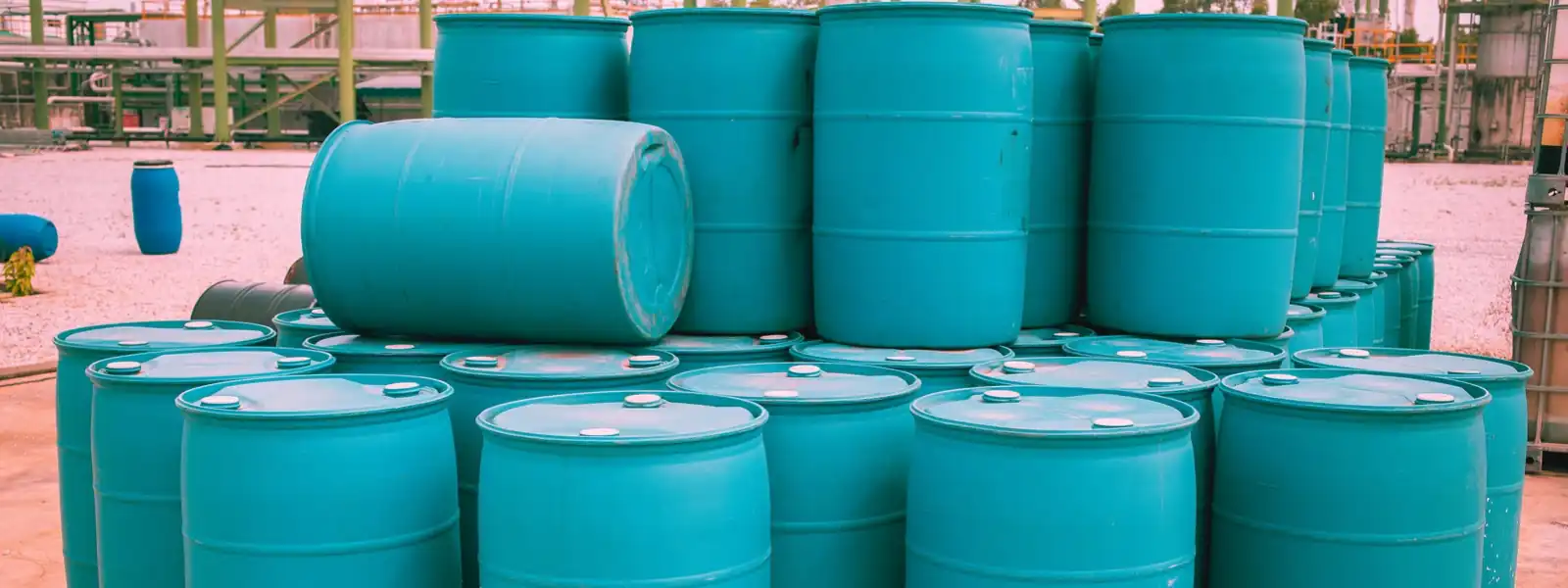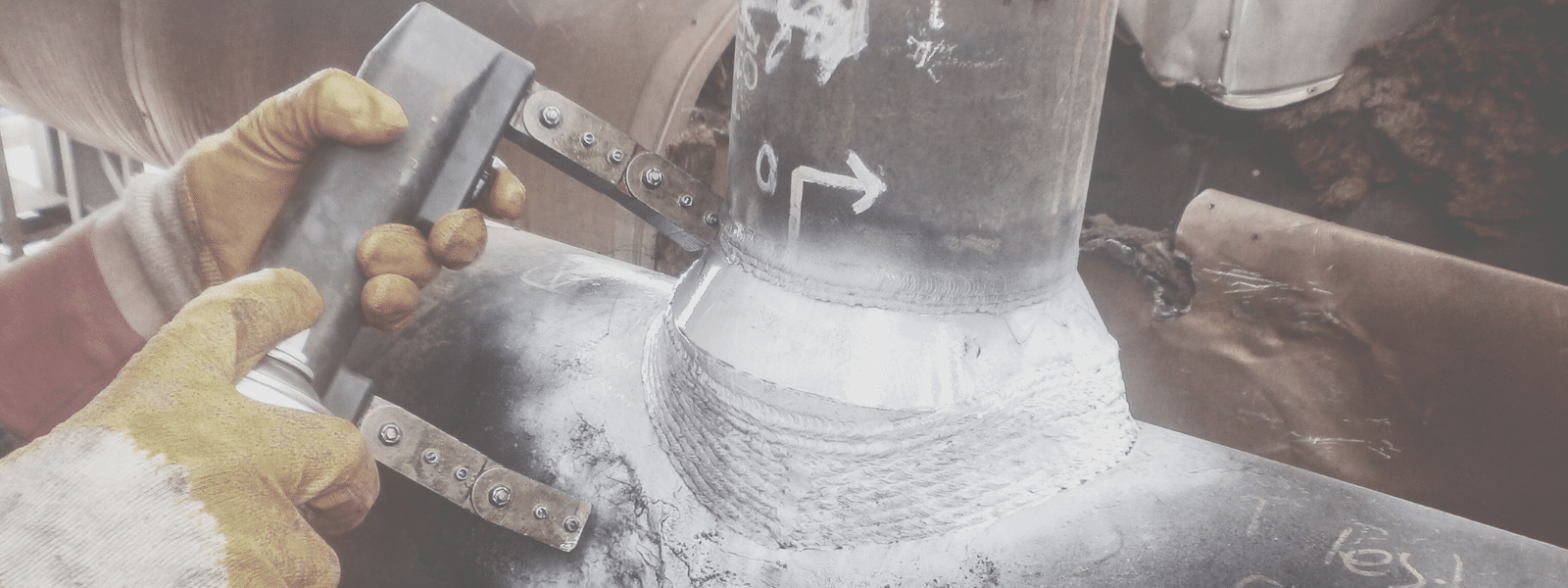nPB (a.k.a. n-propyl bromide) is an organobromine compound that is found in many types of industrial cleaning solvents, from dielectric cleaners, to cleaners for parts washers, to multi-application degreasers. Thanks to their excellent cleaning power and affordable prices, nPB solvents have emerged as first-line, industrial grade cleaning solutions for companies and organizations across the U.S., but the compound’s popularity now appears to be short-lived.
The EPA’s Assessment of nPB
According to the Environmental Protection Agency (EPA), “1-Bromopropane has been classified as ‘reasonably anticipated to be a human carcinogen’ by the National Toxicology Program in its 13th Report on Carcinogens.” Furthermore, “Based on a review of the data in the Report on Carcinogens, [the] EPA [has] determined that nPB meets the Emergency Planning and Community Right-to-Know Act (EPCRA) Section 313(d)(2)(B) statutory listing criteria because it can reasonably be anticipated to cause cancer in humans.”
These statements reveal the distinct likelihood that nPB will be placed on the EPA’s List of Hazardous Air Pollutants (HAPs), which means that finding the right nPB alternative should be a top priority for any entity that uses nPB cleaners in large quantity. If your company or organization needs an nPB alternative, below are four essential considerations that will get you off to a good start in choosing an alternative to nPB for your cleaning operations.
- Cleaning Methods
What cleaning methods do you use to apply nPB cleaner? Manual wiping? Vapor degreasing? Spray on and drip dry? Because not all types of nPB replacements are ideal for all types of cleaning procedures, it’s a good idea to begin your search by limiting it to cleaners whose formulation and performance matches up with the cleaning methods you prefer to use.
- Materials Cleaned
After limiting your search to nPB replacements that are ideal for your cleaning methods, step two is to shop only for replacements that are formulated to be safe and effective for the materials you need to clean. Because nPB has such a broad application when it comes to cleaning different materials, you will likely be looking for an alternative cleaner that possesses the same quality.
- Substances Removed
In addition to cleaning many different materials, nPB can remove numerous substances, from light coatings of dust, to adhesive residues, to accumulations of grease. Most nPB alternatives are formulated to offer the same characteristic. However, be sure to cover your bases and find out for certain whether a particular alternative can remove the substances in question.
- Safety Profile
The nPB alternative you choose should contain no chemicals that are on the EPA’s List of Hazardous Air Pollutants, as well as no volatile organic compounds (VOCs) that could cause acute and/or chronic health problems. In addition, the replacement should ideally have a high flashpoint or no flashpoint to prevent fire-related safety issues when storing or using the solution.
Need an nPB Replacement Cleaner?
If so, now is the time to start the selection process, before the EPA adds nPB to its List of Hazardous Air Pollutants. If you need help choosing a cleaner, we can advise you on the four issues listed above, and well as any others that pertain to your solvent cleaner requirements. Contacting us is easy. Just call (800) 563-1305, or fill out the contact form on our website. We look forward to helping you choose the right nPB alternative for nPB-dependent cleaning needs.















